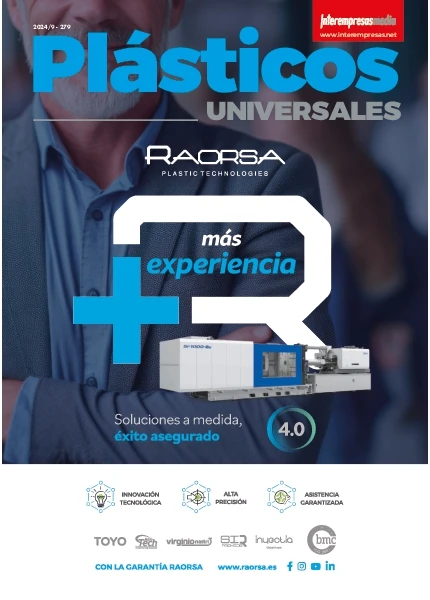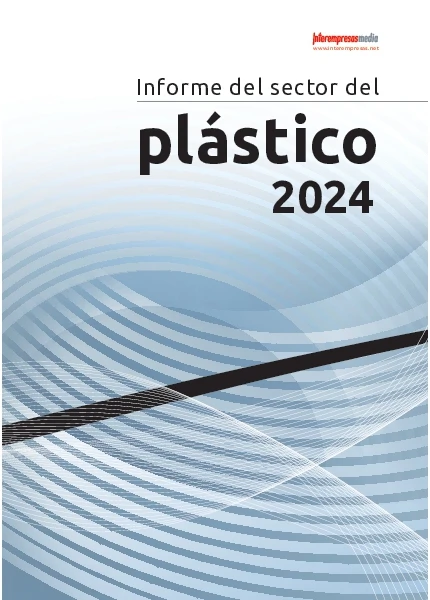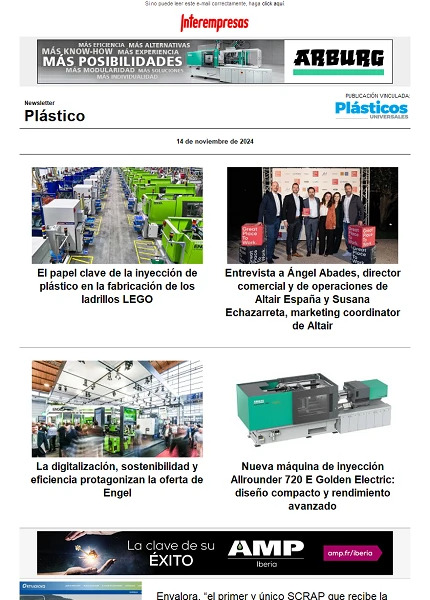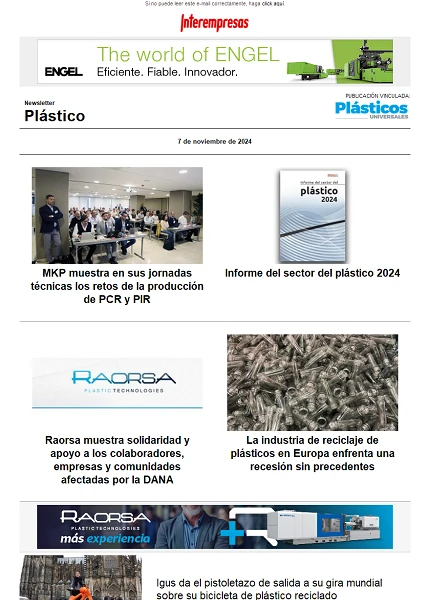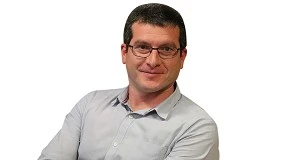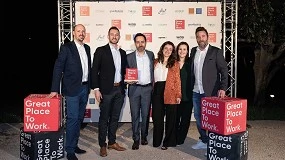Mechanise of five to ten faster times with ceramics
The ceramics usually is used for the desbaste of termoresistentes, for example when big quantities of material have to be mechanised. The semiacabado and the finishing, as they sue more precision, are frequently llevar by degrees and substrata specific of hard metal. With this technology exists a big potential in increasing the productivity when we mechanise materials like Inconel, Waspalloy, Stellite, etc. Because of his extremada hardness and to his resistance to the wear, the ceramics allows to mechanise between five and ten faster times that with the hard metal whenever the conditions of mechanised are stable and the machines allow it. The typical applications are in the aeronautical sector component manufacturing sector component manufacturing industry, generation of power, petrochemical, medical, etc. for example, in any place where need a high resistance to the corrosion or where a high resistance to the temperature was required.
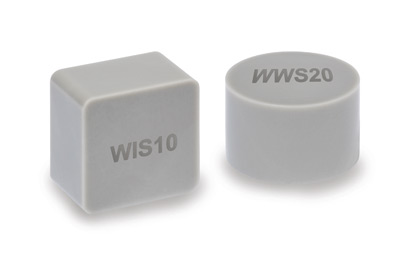
To cover the rank of applications wider possible, Walter has launched two ceramic degrees complementary to the existent in hard metal: with base of nitride of silício WIS10 (ceramic Sialon), and WWS20 with glasses of silicon Whisker (ceramic Whisker). WIS10 is adapted for the mechanised of materials termoresistentes. By his high level of chemical stability, offers us an excellent resistance to the entallamiento. WWS20 has a high level of tenacity, and is ideal to mechanise material with base in Neither in difficult conditions, for example, pieces forged with variations in the depth of cut, but also for the mechanised of hard steels. The degree WWS20 obtains a high tenacity by the ‘Fibres Whisker', that warn the learning of cracks. Together with the degrees of hard metal Tiger•tec PVD with oxide of aluminium for material type ISO-S, the manufacturer of tool with base in Tübingen is providing a strong and versatile only source for the mechanised of alloys termoresistentes.
Walter manufactures interchangeable plates of ceramics in geometries CN, DN, RC, RP and RN, with different manufacturings of edge for the turning and the milling. For the turning, we also have expanded ours carry-tools with coin of hard metal in the systems of tie up by brida. This gives him to the user the best possible system of carry-tools for the turning with ceramics, with speeds of cut of some 350 m/min. For the milling, with speeds of cut of some 1.000 m/min, the actions of cut cambiantes, require some high values with the end to be able to avoid the plastic deformations in the zone of mechanised.


